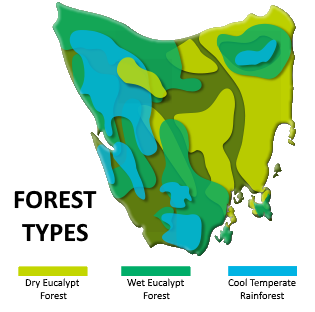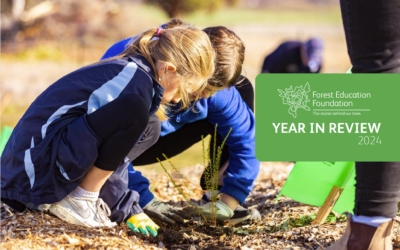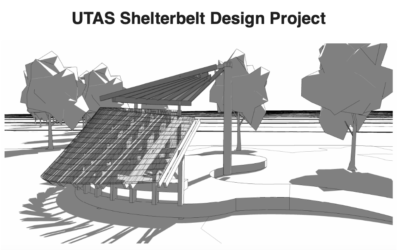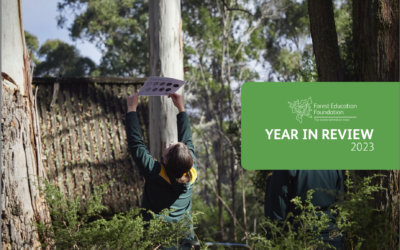Our Programs
Primary Programs
Explore the relationships between living and non-living components of a forest ecosystem…
Learn More
Secondary Programs
Collect data from different forest types, and learn about managing landscapes for different purposes…
Learn More
College Programs
Understand a range of sampling techniques that can be applied to terrestrial and aquatic environments…
Learn More

What we do
The Forest Education Foundation (FEF) provides teachers and students with the opportunity to learn about forest systems and the ways in which individuals, communities and our society interact with these environments.
News and Recent Events
Year in Review – 2024
Year in Review: 2024The Forest Education Foundation (FEF) has recently published its 'Year in Review' report. This report provides a snapshot of the key highlights and achievements of the foundation throughout 2024. Read the document here
Forest Focus – Term 2, 2024
Year in Review – 2023
Year in Review: 2023The Forest Education Foundation (FEF) has recently published its 'Year in Review' report. This report provides a snapshot of some of the key highlights and achievements of the foundation throughout 2023. Read the document here
Testimonials
“The hands on investigations engaged the student’s curious minds and provoked further interest in science. It catered for a wide range of students and was closely aligned to the curriculum, building on the children’s prior knowledge and providing scope for further in class learning.”
“I was very impressed with the whole experience for the students. They were well organised, had great behaviour management skills. The learning was targeted to our learning abilities. Tasks were timely but allowed children time to explore a good range of activities.”
Forest Education Foundation acknowledges the traditional custodians of lutruwita/Tasmanian, the palawa people. Through education, Forest Education Foundation recognises forests are an essential part of our environment, our identity, and the deep connection palawa people have with country.
We proudly acknowledge the continuous cultural traditions, knowledge and people that have shaped our forest country. Through education we respect the opportunity to contribute to students’ developing an understanding of, and respect for, the value of First Nations peoples’ knowledge, culture, and language as they become stewards of the forest, today and into the future.






